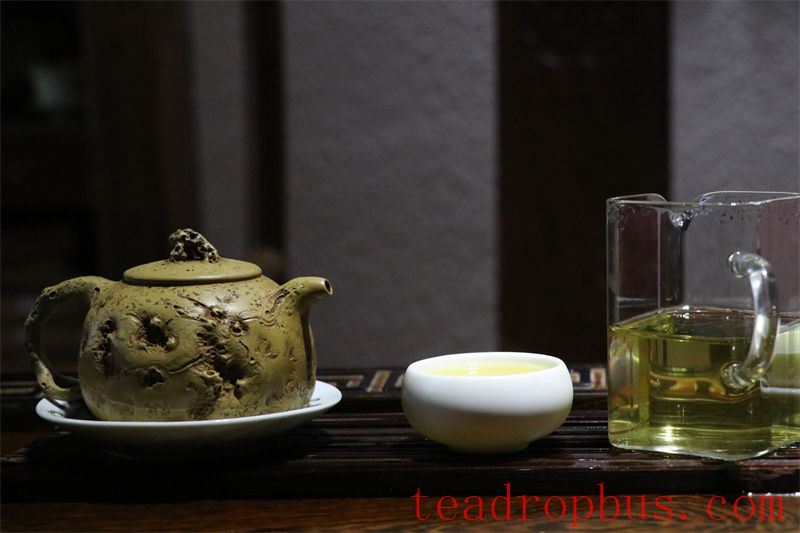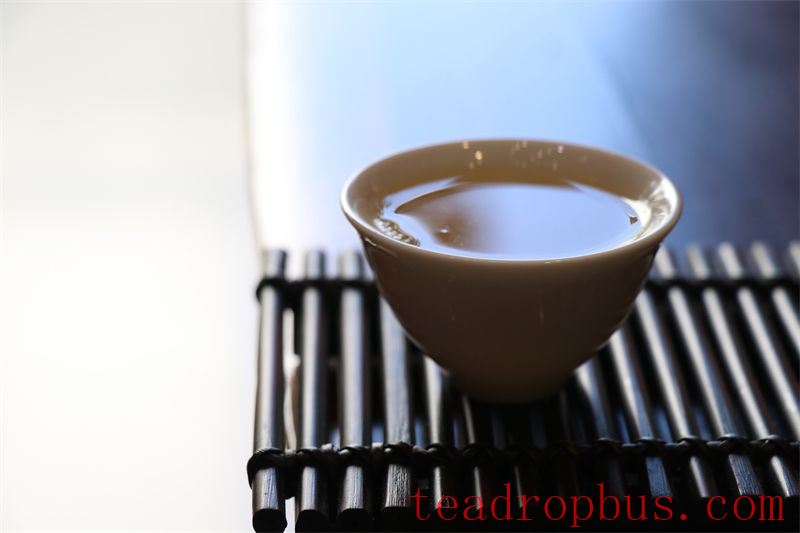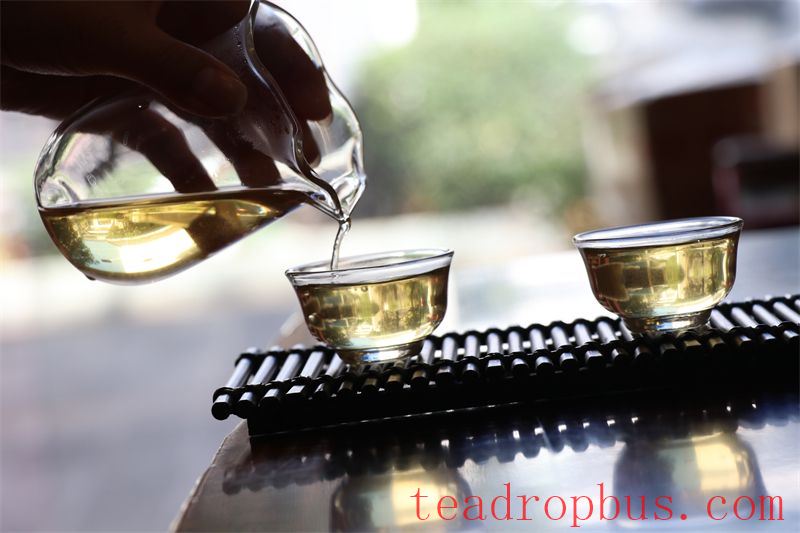Since Lu Yu followed in the footsteps of the divine farmer Shennong, tasting hundreds of Herbs, drinking thousands of waters, and traveling countless miles to write the timeless Tsa Ching, the world has embraced the culture of Tea. Countless literati and scholars have written poetry and prose in praise of tea, and many people throughout history have been captivated by it.
It makes one wonder: What is tea that it commands such devotion from people?
A good Cup of tea not only needs a tightly bound and lustrous appearance, a clear and transparent broth, and subtle, lingering aromas of fragrance, floral, fruity, and woody notes but also a delicate and rich taste.
“Savoring bitterness and swallowing sweetness, this is tea.” This was the earliest definition of tea given by the tea sage Lu Yu. The moment tea is infused with hot water, it begins its new life.
People enjoy watching the leaves gradually absorb water, becoming full and expanding, as well as their natural settling and clarity.
Of course, what's most important is savoring the taste of the tea.

In the Treatise on Tea by Emperor Huizong of Song, it says, “Tea is judged primarily by its taste. Aroma, sweetness, heaviness, and smoothness make up the perfect taste.”
A good cup of tea has a harmonious blend of five flavors: bitter, sour, salty, pungent, and sweet. In a perfect and flavorful cup of tea, whether bitter or astringent, sour or salty, no single flavor stands out; rather, they are all in harmony, pleasing and comforting to the palate.
There are too many factors that can influence the taste of tea: the raw materials of the tea itself, the manufacturing process, storage time and method, and the water used for brewing… The taste of tea can be dramatically different with even the slightest change.
The taste of tea is something you must experience firsthand. Just like the path of life, you only know it once you've walked it.
“After eating, do not fill your teacup too deeply, for a mat bed and a cool breeze are worth a thousand pieces of gold.”
After a meal, Su Dongpo found contentment in a cup of tea and a nap, why bother with the illusory and transient? From his poetry, we can read:
Tea can nourish the body and cultivate the mind. Fame, wealth, and worldly worries are nothing compared to the taste of a cup of clear tea.

In a cup of tea, there lies your state of mind.
The final taste of tea is added by the drinker, a creation of the drinker themselves.
The charm of tea lies in its taste, its essence, its brewing, its accessibility, and its artistry.
The famous Twenty-Four Qualities of Tea: personal quality, tea quality, water quality, fire quality, tea utensil quality, and tea room quality, each subdivided into four qualities, making a total of twenty-four.
① Personal Quality: purity, elegance, simplicity, and tranquility; ② Tea Quality: purity, aroma, sweetness, and tranquility; ③ Water Quality: purity, vitality, sweetness, and coldness; ④ Fire Quality: brightness, vitality, cleanliness, and dryness; ⑤ Tea Utensil Quality: quality, simplicity, elegance, and plainness; ⑥ Tea Room Quality: simplicity, antiquity, connectivity, and seclusion.

The Twenty-Four Qualities of Tea are both requirements that tea drinkers have for tea and that tea has for its drinkers.
A good cup of tea quenches thirst, refreshes the spirit, and calms the mind.
The tea you drink is always a unique flavor.